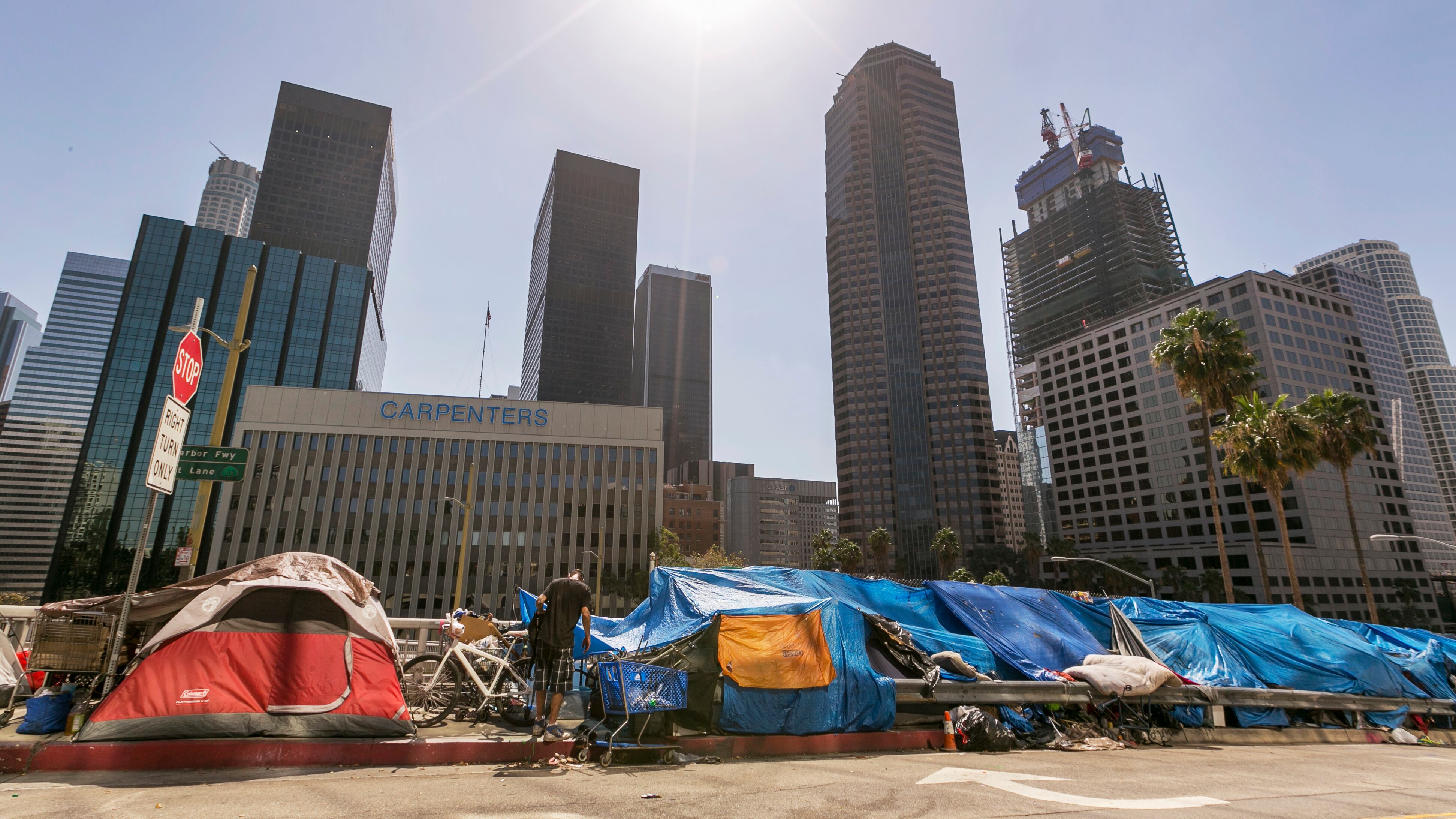After five years of work to try to alleviate the housing crisis in Los Angeles, USC Homelessness Initiative was quietly closed this summer due to a lack of funding.
Brenda Wiewel, the former director of the USC Homelessness Initiative said that funding was diminished due to the financial impact of the pandemic and a change in administrative leadership.
“Initially there was enough funding to cover general expenses and seed funds for special projects and innovative research but less as the budget was reduced each year,” Wiewel said.
USC Homelessness Initiative was formed in Spring 2016 in response to the large number of unhoused people in Los Angeles. Weiwel noted that USC’s location put it in the center of the homelessness crisis in Los Angeles. The goal of the initiative was “to build partnerships on campus and the surrounding community to address homelessness,” said Weiwel.
“I think when I first heard it was defunded I was frustrated because quite frankly there wasn’t much money being put into it from the beginning,” said Matthew Lee, a former writer for the USC Homelessness Initiative.
Lee was laid off in 2020 due to the defunding.
“There is a lot more I wish we would have done but didn’t have the resources,” he said.
In its five years, USC Homelessness Initiative created community ties with over 80 community organizations to address issues of homelessness. The initiative worked to connect students with organizations and volunteer work to do research and projects, such as creating food pantries.
“The student interest and capacity to be involved is so high,” Wiewel said.
In fact, she said that she constantly gets emails from students who are interested in lending a hand and said that the USC Homelessness Initiative was a great way to build relationships among other organizations and communities.
“We hoped to expand out and find other sources of funding in the community to support the work we were doing,” Wiewel said.
Lee viewed the initiative as a valuable way for USC to make amends with the surrounding communities, due to a history of gentrification.
“USC is the cause of a lot of homelessness,” Lee said.
Thomas Forman, a former web designer for USC Homelessness Initiative, thinks the closure would be less welcoming for unhoused neighbors.
However, there are still efforts through USC that are working to provide services to the unhoused population. This included USC Street Medicine, a USC program that offers medical care to those who are unhoused. The group sets out as a team of medical workers, physicianscommunity-based and social workers that visit unhoused people and give them medical care.
They set off on foot, covering streets, overpasses, and bridges to provide care to the unhoused population.
A university statement used the term “in transition” when referring to the Homelessness Initiative.
“USC’s Street Medicine Program and partnerships with community based programs are ongoing, as are research and policy initiatives. The USC homelessness Initiative, including its website and other resources, is currently in transition as we seek to deepen our collaboration within the university and with our partners across Los Angeles,” the statement said.
Organizations on campus continue to carry the initiative’s mission to create a positive impact on homelessness in Los Angeles.
“Between all the things that were established that weren’t there before,” Wiewel said. “I feel confident about the roots it has laid.”
After this story was published, a USC spokesperson took issue with the use of the term “closed” in the original headline and stated, “the initiative is not closed.”
Weiwel’s USC email has an autoreply that reads, “The USC Initiative to Eliminate Homelessness (2016-2021) closed as of 7/5/21 and Brenda Wiewel has transitioned to new activities.”
In a follow-up interview, Wiewel instead said the program as it had been structured had been “sunsetted.” She also said the university might do a “phase two,” but that she did not have any more information about what would become of the program.
”All I know is that I was laid off, the budget was discontinued and I was told that the program was going to sunset,” Wiewel said. “Maybe they’ve decided to reopen some form of something in a new way in a phase two.”
Note on Sept. 23, 2021 at 1:30 p.m.: This story has been updated with more information from USC and its headline was changed to reflect that the university says the program is not closed.
